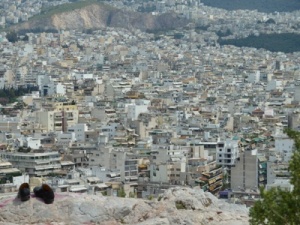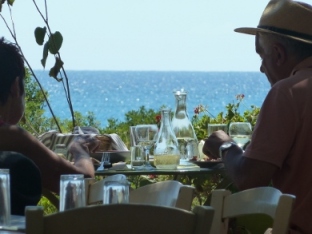 First of all, I apologise for my absence from Inside Greece for the last few weeks. I can assure you that after posting on this blog at least once a week over the last four years, it has felt strange to neglect it.
First of all, I apologise for my absence from Inside Greece for the last few weeks. I can assure you that after posting on this blog at least once a week over the last four years, it has felt strange to neglect it.
There is, however, a good reason for this. After 274 blog posts and more than 2,300 comments, it is time for Inside Greece to become part of something bigger and more comprehensive. I am part of a team effort – involving several colleagues and friends – to provide economic and political analysis about events in Greece.
Our new website, www.macropolis.gr, launched this week. You can find out more about what we aim to do here.
This blog has been viewed by almost 170,000 people since it began in September 2009. Back then my aim was simply to create an archive for the commentaries I wrote for Athens Plus. Over time, Inside Greece has evolved into something much more important for me. The feedback and interaction with readers has been the blog’s lifeblood and has helped my development immeasurably.
Inside Greece’s cycle is now complete but much of what I learnt and enjoyed here will be incorporated in Macropolis. We have already created a blog section, which is called The Agora and can be found here.. I have already made my first entry and hope you will also join the discussion and read what others write there as well.
I appreciate that being able to subscribe to this blog has helped many readers keep in touch with what I’ve been writing and I’m happy to say that subscribing to the posts on The Agora is equally easy. It can be done by clicking here.
In the meantime, many thanks for taking the time to read and comment on my thoughts over the past few years. It’s time to move on up.
Nick




